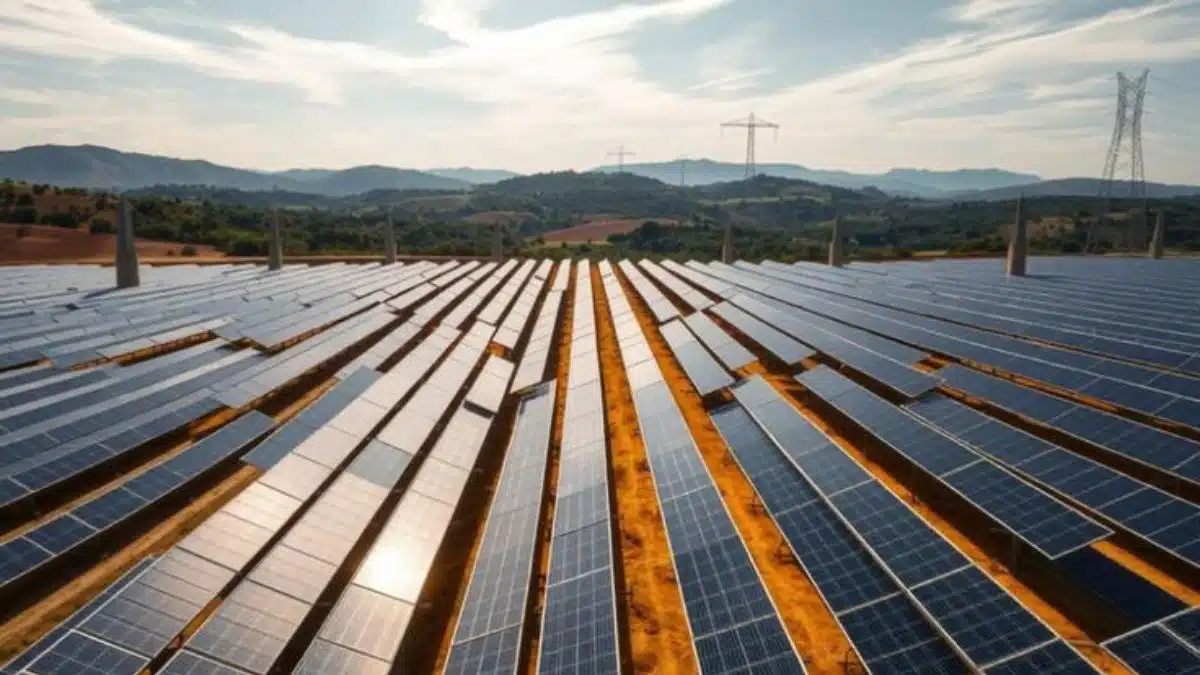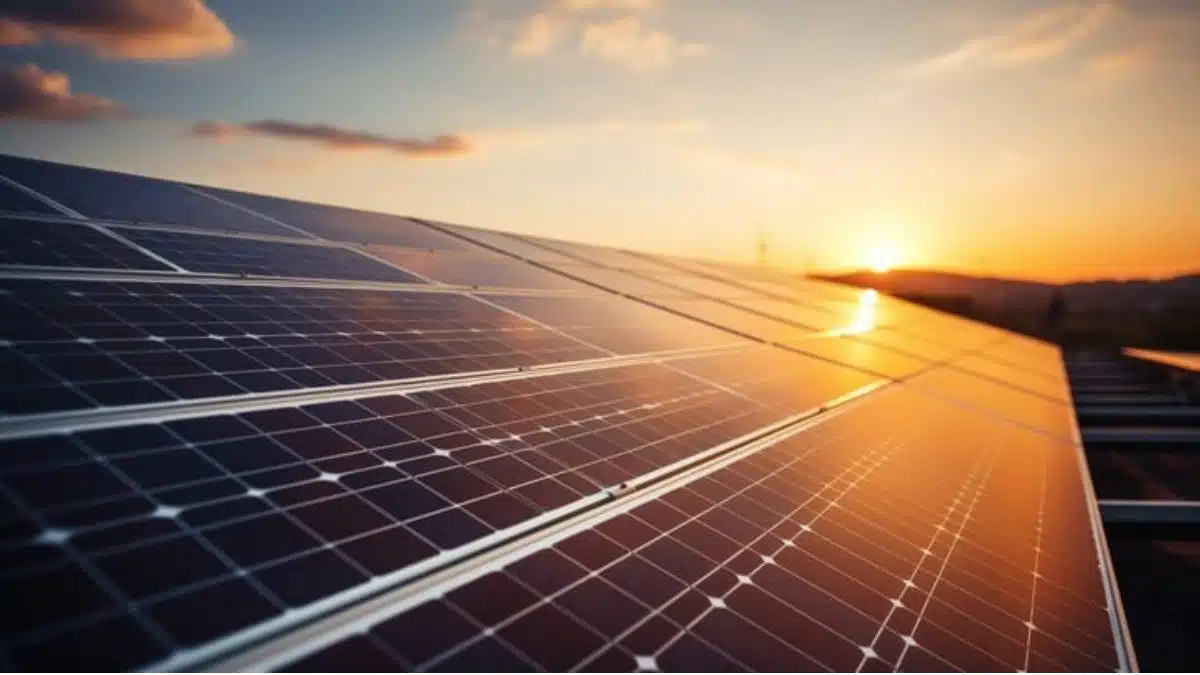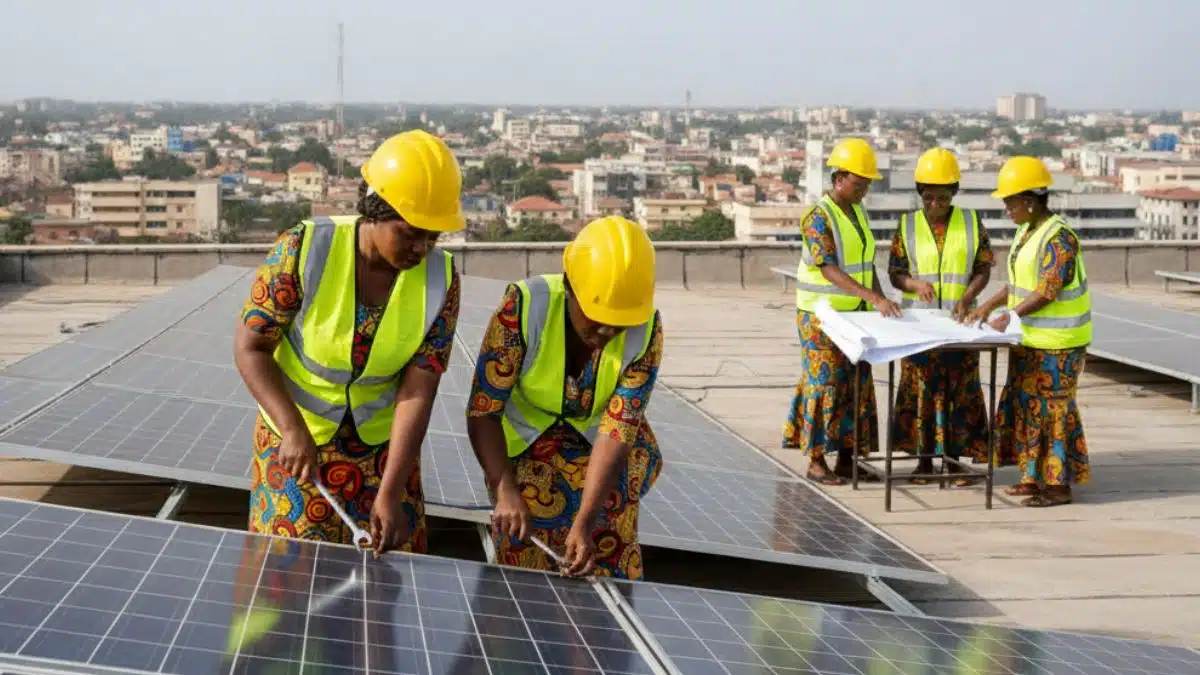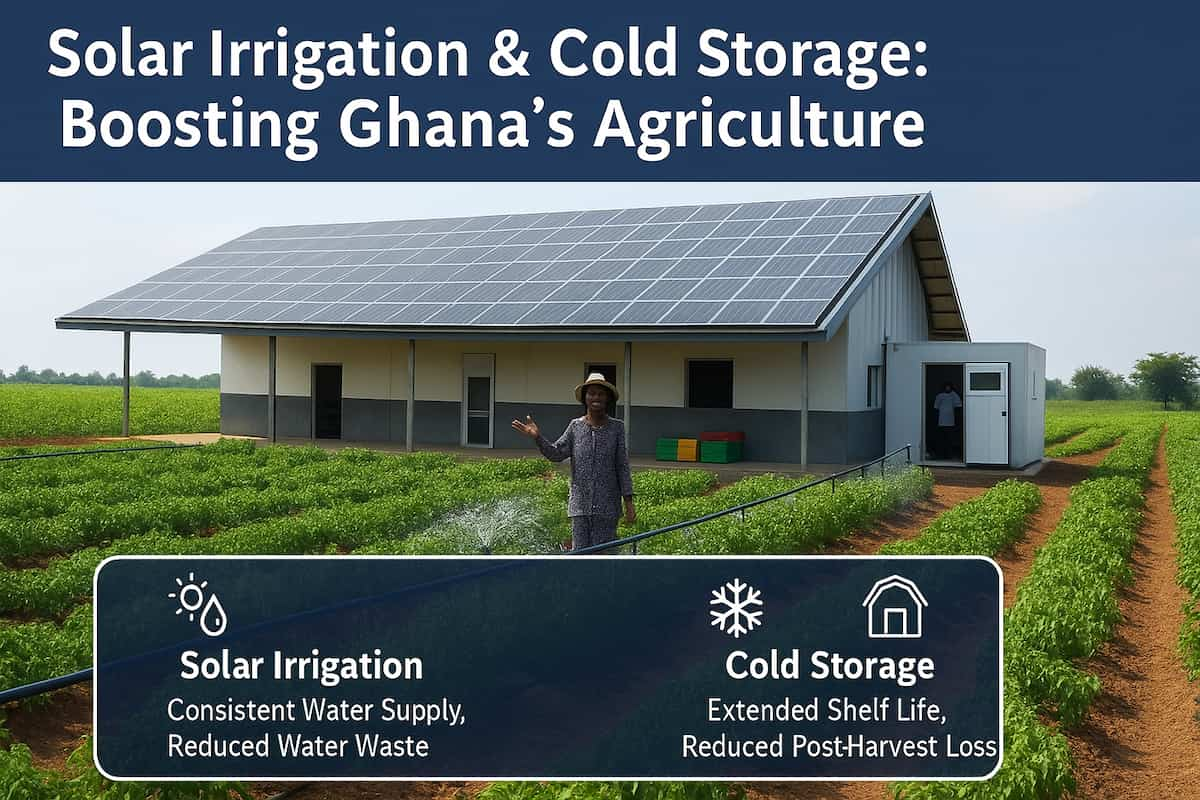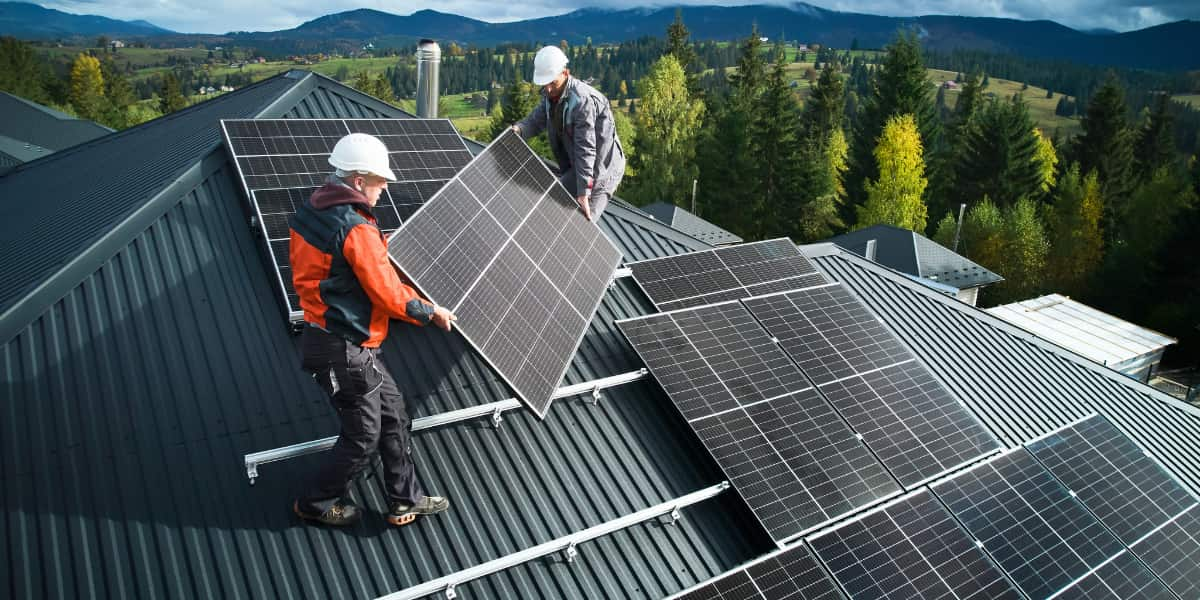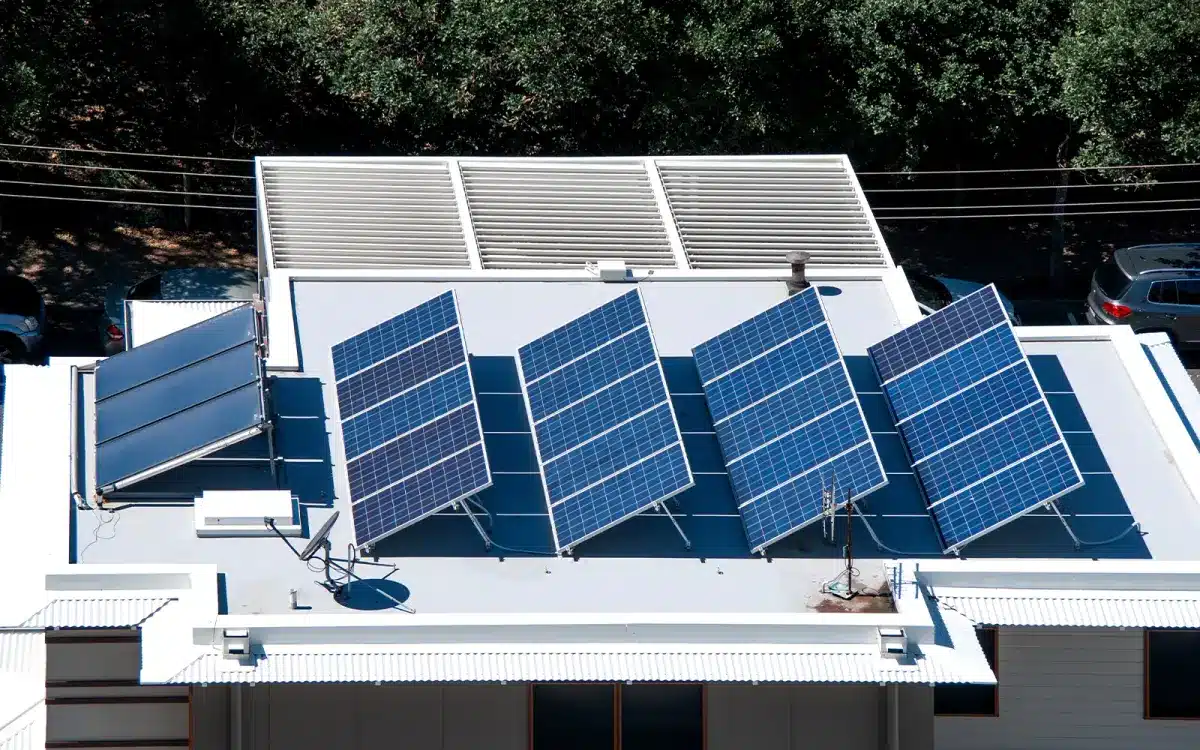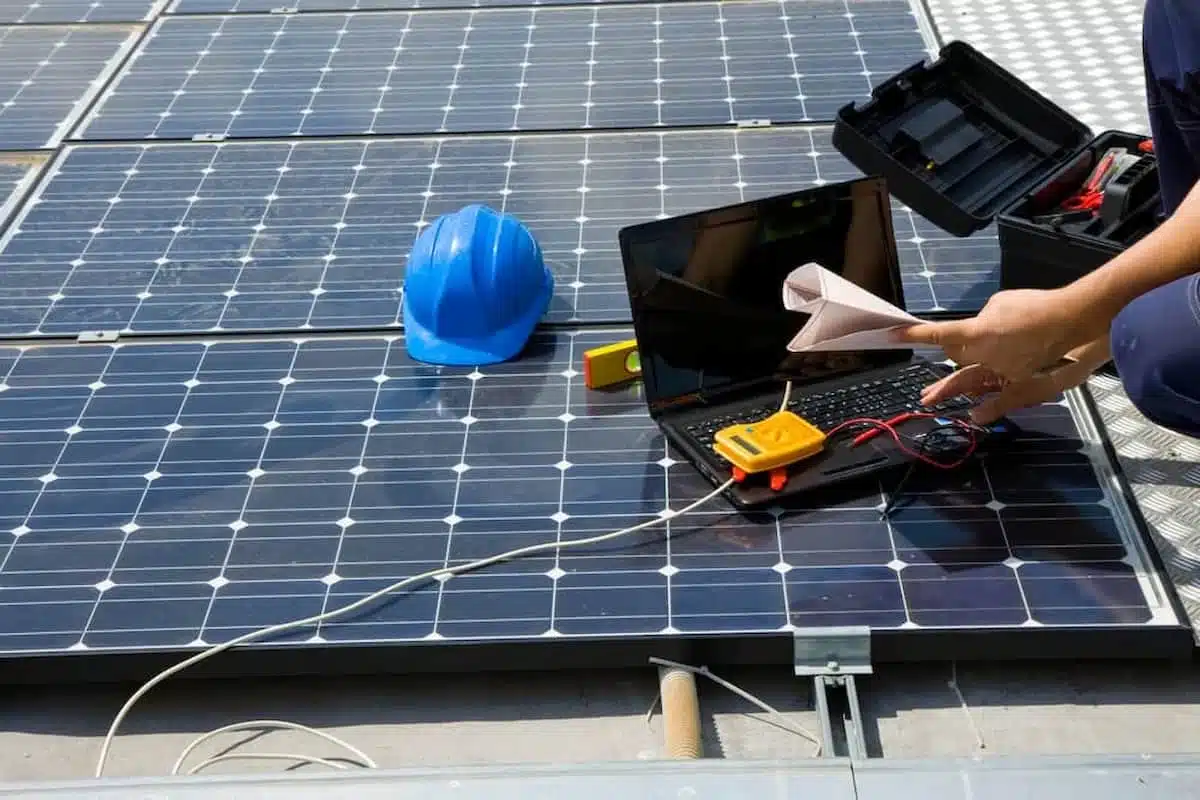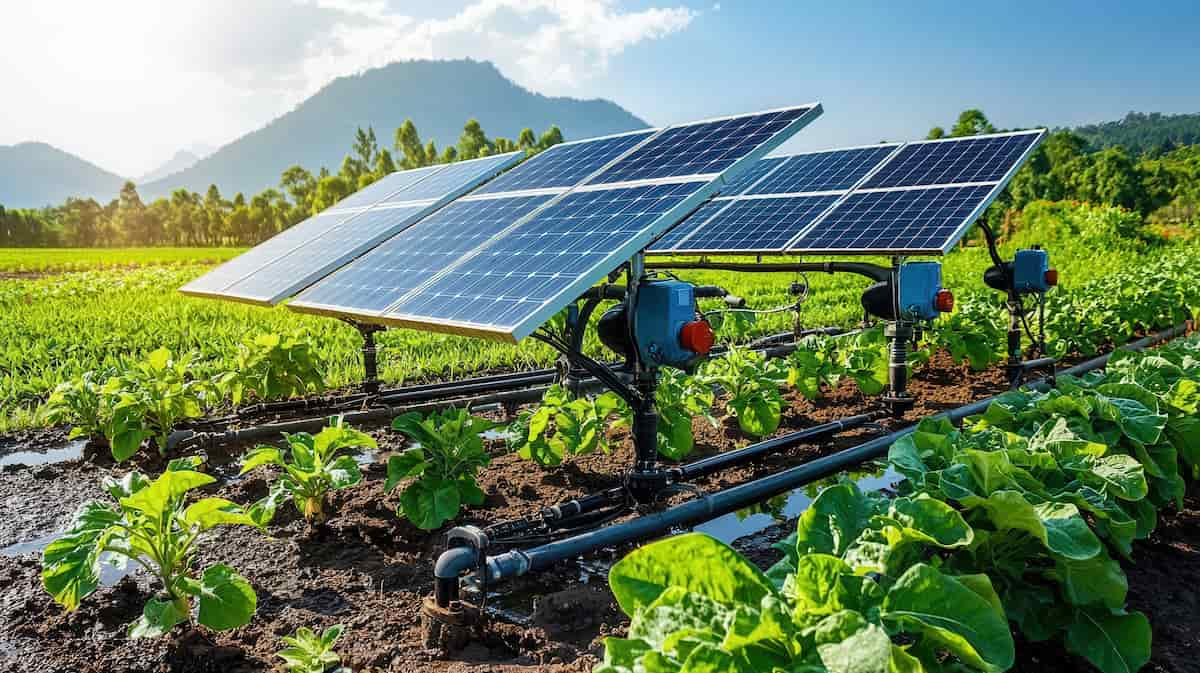Blogs
Role of Solar Energy in Enhancing Ghana’s Energy Security: A Green Revolution

Discover the role of solar energy in enhancing Ghana’s energy security. Explore how this green revolution is driving sustainability and reducing reliance on fossil fuels. Solar energy is gaining traction globally. It’s a key player in sustainable power solutions.
Ghana, rich in sunlight, stands to benefit immensely from solar energy. Ghana faces energy challenges, impacting its economy and development. Frequent power outages and reliance on fossil fuels create instability. Solar energy offers a reliable alternative. It can enhance Ghana’s energy security by providing a stable, renewable source of power.
Solar power can reduce dependence on imported fuels, lower greenhouse gas emissions, and support economic growth. By investing in solar energy, Ghana can ensure a more sustainable and secure energy future. This blog explores how solar energy can transform Ghana’s energy landscape, benefiting its people and economy.
Introduction To Solar Energy In Ghana
Ghana, a nation blessed with abundant sunshine, is tapping into solar energy. This renewable source holds potential to transform the country’s energy landscape. Solar power can provide clean, reliable electricity. It has the potential to enhance energy security and reduce dependence on non-renewable sources.
Current Energy Landscape
Ghana’s energy sector relies heavily on hydroelectric power. This accounts for over 50% of the country’s electricity production. Thermal power plants also play a significant role. These plants use natural gas and oil to generate electricity. Despite these sources, Ghana faces frequent power outages. The demand for electricity is growing. Existing infrastructure struggles to keep up.
Need For Renewable Sources
Renewable energy sources are crucial for Ghana’s future. Solar energy is a key player in this transition. It is abundant, sustainable, and environmentally friendly. Harnessing solar power can reduce reliance on fossil fuels. It can also lower greenhouse gas emissions. Solar energy offers a viable solution to Ghana’s energy challenges. It can provide reliable electricity to rural and urban areas alike.
Benefits Of Solar Energy
Solar energy is becoming a vital part of Ghana’s energy mix. It offers numerous benefits that boost the country’s energy security. These advantages span environmental impact, economic growth, and sustainability. Understanding these benefits can help appreciate solar energy’s role in Ghana’s future.
Environmental Impact
Solar energy is clean and renewable. It reduces greenhouse gas emissions. Unlike fossil fuels, solar power doesn’t pollute the air. It helps combat climate change. Using solar energy protects natural resources. It conserves water and reduces reliance on non-renewable sources.
Economic Advantages
Solar energy can lower energy costs. It reduces the need for imported fuels. This saves money for the nation. Solar power creates jobs in installation and maintenance. It stimulates the local economy. By investing in solar energy, Ghana can achieve energy independence. It encourages growth and stability.
Regulatory Framework
The Renewable Energy Act, 2011 (Act 832) is a cornerstone in this regard. This act provides a clear set of guidelines for the production, supply, and consumption of renewable energy. It also establishes the Renewable Energy Fund, which supports research, development, and promotion of renewable energy technologies.
I remember attending a seminar where people official discussed how the act has simplified licensing procedures for solar energy providers. This has significantly reduced the bureaucratic hurdles that once plagued the sector. As a result, more companies are willing to venture into solar energy, knowing that the regulatory environment is supportive.
Technological Advancements
Technological advancements in solar energy are transforming Ghana’s energy landscape. Innovations in this field offer promising solutions to energy security issues. These advancements are making solar energy more efficient and accessible. They also contribute to cost reduction, making solar power a viable option for many.
Innovative Solutions
Modern solar panels are more efficient than older models. They convert sunlight into energy more effectively. Smart grids are also enhancing energy distribution. These grids can store and manage solar energy better. This ensures a steady power supply, even during cloudy days.
Another innovation is solar batteries. These batteries store excess energy generated during the day. They provide power at night or during low sunlight periods. This technology reduces reliance on traditional energy sources.
Cost Reduction Strategies
Advancements in technology are driving down solar energy costs. Mass production of solar panels reduces manufacturing expenses. Using local materials for production further cuts costs. This makes solar power more affordable for Ghanaians.
These strategies lower the initial setup costs for consumers. Over time, reduced electricity bills offset the installation expenses.
Another strategy is community solar projects. These projects allow multiple households to share a solar power system. This collective approach spreads the cost among many users. It makes solar energy more accessible to low-income families.
Challenges And Barriers
Solar energy offers great potential for improving Ghana’s energy security. Yet, several challenges and barriers hinder its widespread adoption. Understanding these obstacles is essential to develop effective solutions and ensure a sustainable energy future for the country.
Infrastructure Limitations
Ghana’s current energy infrastructure is not fully equipped to support large-scale solar energy projects. Existing grid systems need upgrades to handle the intermittent nature of solar power. Many rural areas lack the necessary grid connections. This limits the reach and effectiveness of solar energy solutions.
Storage technology also poses a challenge. Effective energy storage systems are crucial for maintaining a stable power supply. Unfortunately, these systems are often expensive and not widely available in Ghana. This makes it difficult to store excess solar energy for use during cloudy days or nighttime.
Financial Constraints
Financing solar energy projects remains a significant barrier in Ghana. The initial cost of setting up solar panels and related infrastructure is high. Many individuals and businesses cannot afford these upfront costs. Access to affordable financing options is limited. This discourages investment in solar energy solutions.
Government funding and incentives could help. However, such programs are often insufficient or inconsistently applied. This creates uncertainty for potential investors and slows down the adoption of solar energy. Encouraging private sector investment is also challenging due to perceived risks and lower returns compared to traditional energy projects.
Case Studies And Success Stories
Solar energy plays a crucial role in enhancing Ghana’s energy security. Many successful initiatives highlight its impact. These case studies and success stories provide a clear picture of its benefits.
Community Projects
In many rural areas, the role of solar energy in enhancing Ghana’s energy security has been transformative. The community solar project in Buipe is a great example. This project provides clean energy to over 500 households, significantly reducing reliance on diesel generators and ensuring a stable power supply.
Another success story is in Akuse, where a solar project powers local schools and clinics. This initiative ensures that essential services run smoothly, contributing to the overall well-being of residents. By expanding solar energy solutions, Ghana is strengthening its energy security while promoting sustainability.
Private Sector Contributions
Private companies also play a vital role. Blue Power Energy installed solar panels at several factories. These installations reduce energy costs and ensure a stable power supply.
SunPower Ghana is another key player. They have set up numerous solar farms across the country. These farms contribute significantly to the national grid. They help reduce power outages and boost energy security.
These efforts by the private sector showcase the immense potential of solar energy. They also highlight the importance of collaboration in achieving energy security.
Future Prospects
The future of solar energy in Ghana looks bright. As the country seeks sustainable solutions, solar energy promises to play a significant role. This section explores the potential growth and long-term vision for solar energy in Ghana.
Growth Opportunities
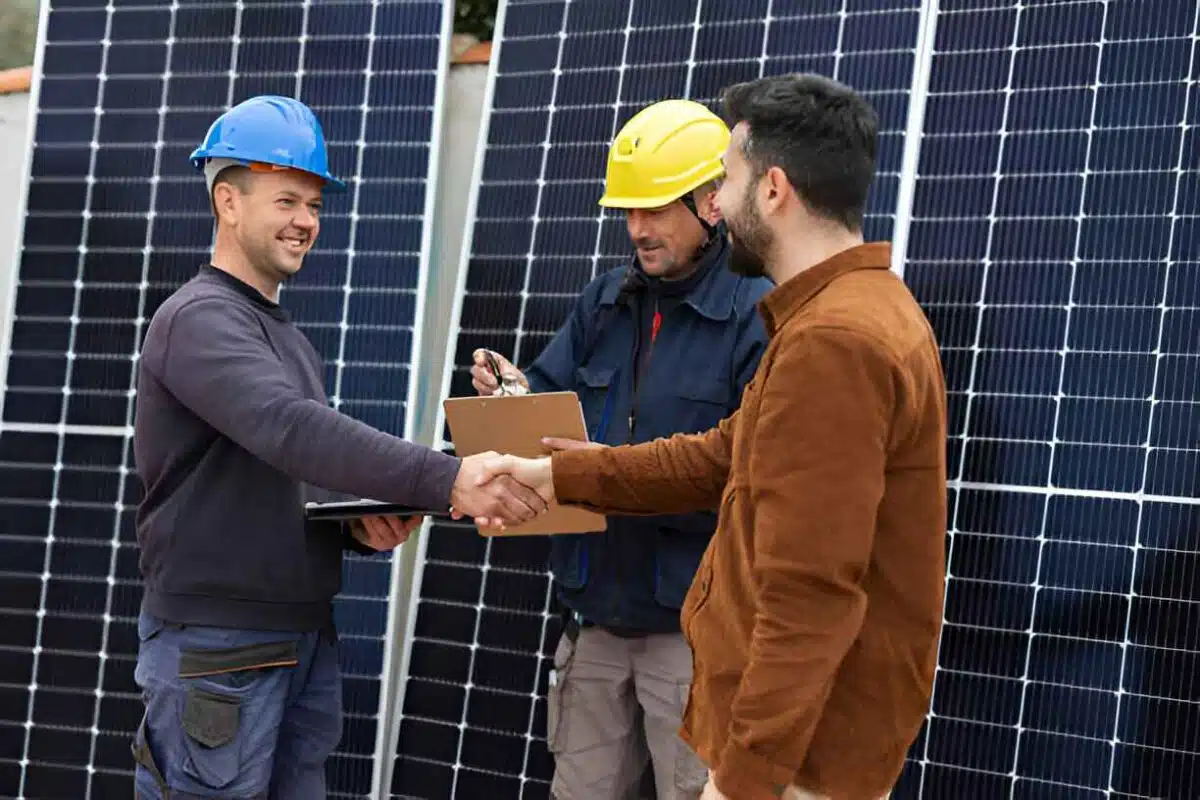
Ghana has abundant sunlight throughout the year. This offers a great opportunity for solar energy expansion. Installing solar panels can help reduce energy costs. Many rural areas lack access to reliable electricity. Solar energy can bridge this gap. It provides a clean and efficient power source. Local businesses can also benefit from solar energy. It can help reduce operational costs and increase productivity. There is also potential for job creation in the solar sector. Technicians, engineers, and installers will be in demand.
Long-term Vision
Ghana aims to achieve energy security through renewable sources, and the role of solar energy in enhancing Ghana’s energy security is vital in this vision. Solar energy plays a crucial role by providing a sustainable and reliable power source. Integrating solar energy into the national grid ensures a stable electricity supply, reducing dependency on fossil fuels.
The long-term vision includes lowering carbon emissions, as solar energy is a clean and green alternative. It helps combat climate change while protecting the environment. Additionally, educational programs will raise awareness about solar energy, teaching people about its benefits and effective usage. Collaboration with international partners will introduce advanced technology, further strengthening the role of solar energy in enhancing Ghana’s energy security and supporting its growth and development.
Frequently Asked Questions
What is the Role of Solar Energy in Enhancing Ghana’s Energy Security?
The Role of Solar Energy in Enhancing Ghana’s Energy Security is significant as it provides a reliable, renewable energy source that reduces dependence on fossil fuels. Solar energy helps stabilize the power supply, especially in remote areas, and supports Ghana’s long-term energy sustainability.
What Are The Uses Of Solar Energy In Ghana?
Solar energy in Ghana powers homes, businesses, and schools. It supports agriculture through solar irrigation. It aids in rural electrification and reduces reliance on fossil fuels.
What Is The Role Of Renewable Energy In Sustainable Development Of Ghana?
Renewable energy supports Ghana’s sustainable development by reducing carbon emissions, enhancing energy security, and creating green jobs. It promotes environmental conservation and economic growth.
What Is The Potential Of Solar Power In Ghana?
Ghana has significant solar power potential due to its high sunshine levels. Solar energy can diversify the country’s energy mix and reduce reliance on fossil fuels.
What Is The Role Of Renewable Energy In Energy Security?
Renewable energy enhances energy security by diversifying supply sources and reducing dependence on imported fuels. It also mitigates risks from geopolitical tensions.
Conclusion
Solar energy boosts Ghana’s energy security. It reduces dependence on fossil fuels. It also cuts electricity costs for homes and businesses. Solar power creates jobs, aiding economic growth. It helps protect the environment by lowering carbon emissions. Investing in solar energy is a smart choice for Ghana’s future. The benefits are clear and impactful. Embracing solar power can brighten Ghana’s energy landscape.








